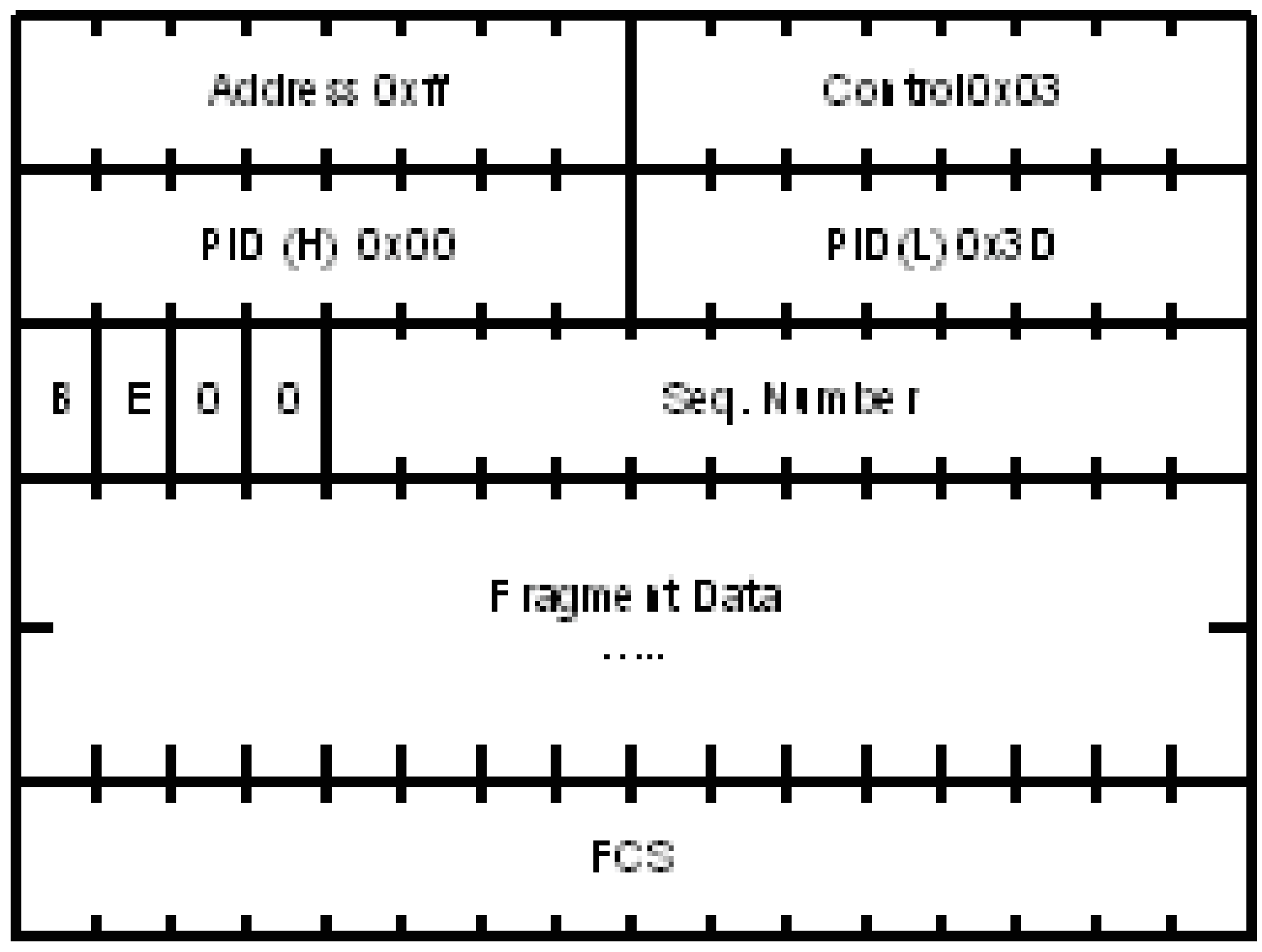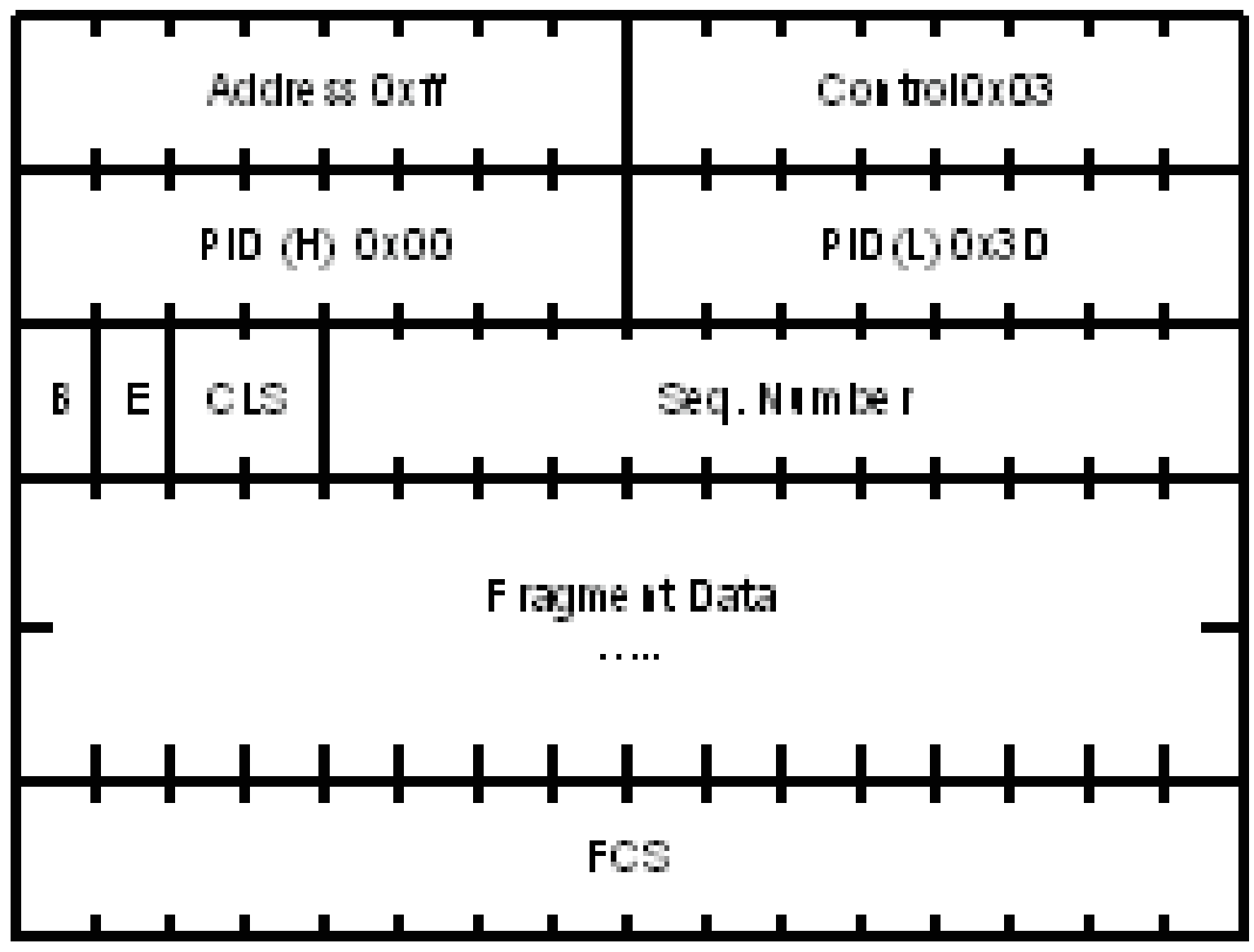Multi-class MLPPP (MC-MLPPP) allows for the prioritization of multiple types of traffic flowing between the cell site routers and the mobile operator’s aggregation routers. MC-MLPPP is an extension of the MLPPP standard which allows multiple classes of service to be transmitted over a MLPPP bundle. Originally, link fragmentation and interleaving (LFI) was added to MLPPP that allowed two classes, but in some applications, two classes of service can be insufficient.
The MLPPP header includes two class bits to allow for up to four classes of service. This enhancement to the MLPPP header format is detailed in RFC 2686, The Multi-Class Extension to Multi-Link PPP. This allows multiple classes of services over a single MLPPP connection and allows the highest priority traffic to be transmitted over the MLPPP bundle with minimal delay regardless of the order in which packets are received.
Table 1 shows the header formats and Table 1 shows the original MLPP header format and the enhanced header format.
| Original MLPPP header format | MC-MLPPP short sequence header format |
|---|---|

|

|
The new MC-MLPPP header format uses the two (previously unused) bits before the sequence number as the class identifier. This allows four distinct classes of service to be identified into separate re-assembly contexts.